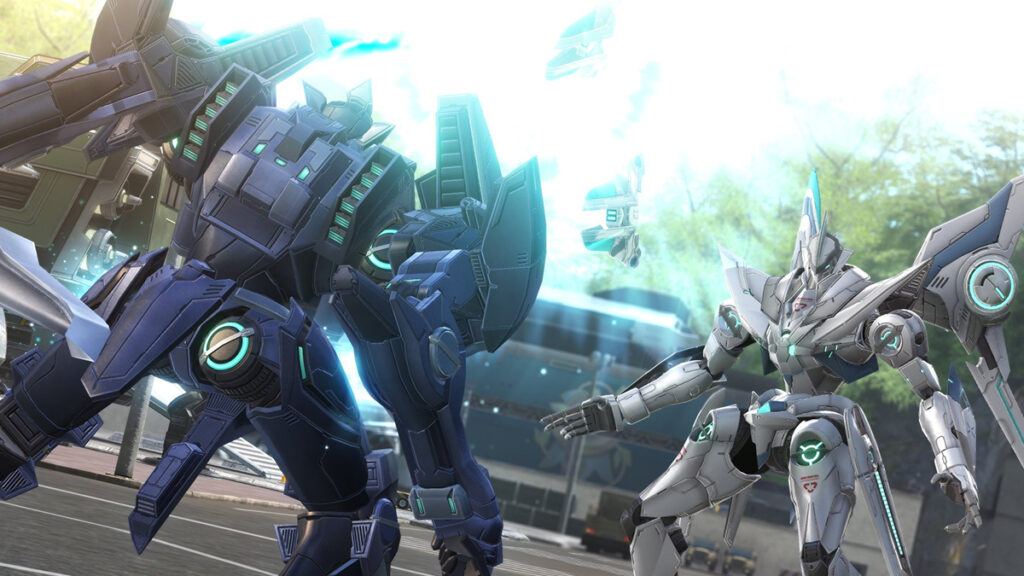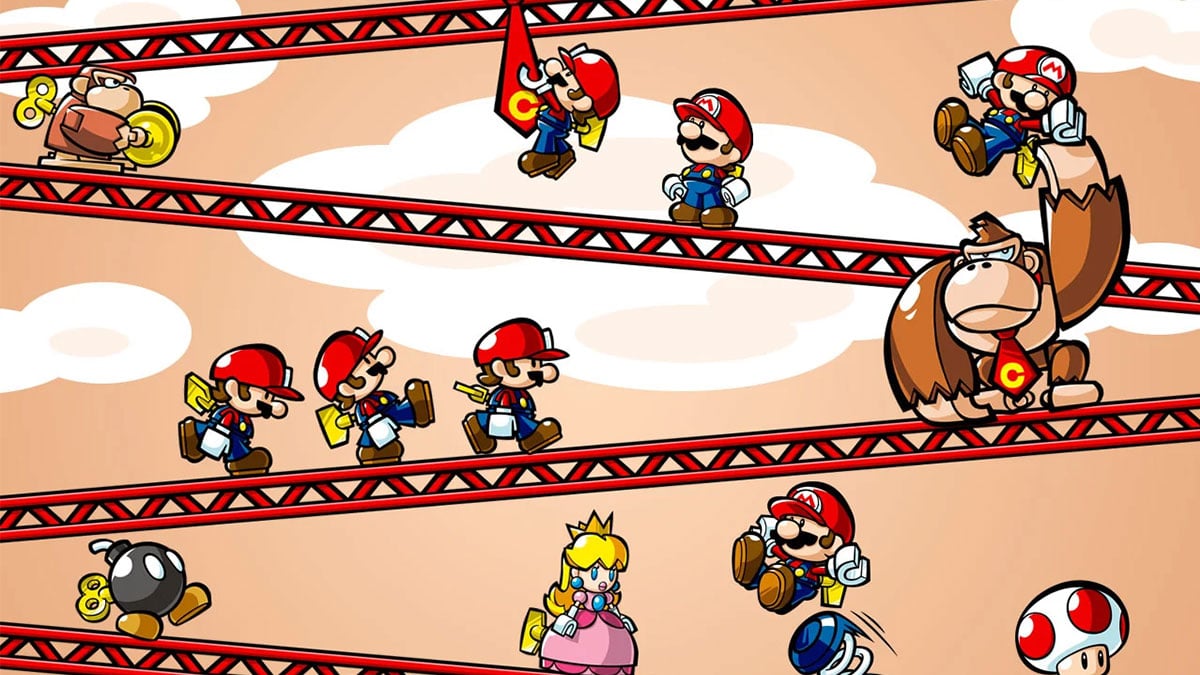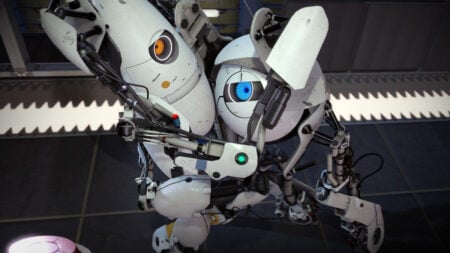The usage of large language modeling — more commonly referred to as artificial intelligence or AI — is a major topic in the tech industry. As AI becomes more integrated into various sectors, gaming companies are beginning to explore its potential for speeding up development processes. One JRPG developer known for its cult hits recently revealed a desire to adopt AI to shorten translation times. In turn, the company would be able to serve its products to a worldwide audience faster.
Speaking with Japanese media 4Gamer, Nihon Falcom president Kondo Toshihiro highlighted the challenges of translating text-heavy games like Trails or Legend of Heroes. “The Trails series cannot be released simultaneously worldwide because the amount of text is several times larger than that of a typical RPG,” he explained.
Traditionally, translation efforts for JRPG begin after the original Japanese version is finished, which often leads to significant delays in global releases. In Trails‘s case, the team often works on the dialogue until the ‘last minute’ which can cause the translation to come out a year later at the earliest. He also added that the majority of the company’s customers now come from overseas, unlike the last two decades where ’80-90 percent’ was Japanese.
Because of that, Kondo believes AI could help compress this process, allowing for quicker global launches without sacrificing quality.
“The Trails series is a game where you should enjoy the story, so the human touches are still necessary for the final adjustments,” said Kondo. “However, by leaving the primary translation part up to that point to AI, wouldn’t it be possible to speed up the entire process?”
Kondo then added, “[…] If we can release the overseas version in six months or simultaneously by using AI translation, wouldn’t it be a great thing for us as managers, and not a bad thing for the fans?”

Still, the introduction of AI to game development has stirred up a debate. Kondo drew parallels between today’s AI adoption and the 19th-century movement in England, where workers rebelled against mechanization.
As a child living in Thailand, he also heard about locals losing jobs because the Japanese introduced ‘all sorts of things’ to the region. Not to mention there are Nihon Falcom’s own staff who are very ‘cautious’ about the use of AI, especially the designers.
While he empathizes with such concerns, he sees AI as an unavoidable trend in the gaming industry and job losses will become inevitable. “Some people may lose their jobs temporarily, but overall, I think society in the future will enjoy the benefits of AI,” Kondo argued. “As new technologies emerge, there is no escaping them, and we would like to be able to deal with them while keeping a firm eye on the issues.”
“I would like to explore better ways, without denying either human [efforts] or AI,” closed Kondo.








